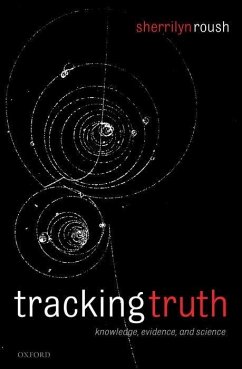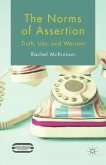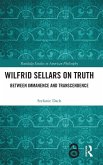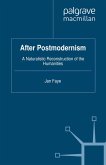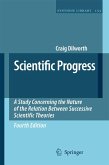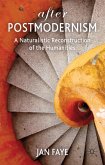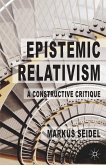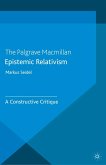This is the idea behind a tracking view of evidence, and Sherrilyn Roush provides a defence of a confirmation theory based on the Likelihood Ratio. The accounts of knowledge and evidence she offers provide a deep and seamless explanation of why having better evidence makes one more likely to have knowledge. Roush approaches the question of epistemological realism about scientific theories through the question what is required for evidence, and rejects both traditional realist and traditional anti-realist positions in favour of a new position which evaluates realist claims in a piecemeal fashion according to a general standard of evidence. The results show that while anti-realists were immodest in declaring a priori what science could not do, realists were excessively sanguine about how far our actual evidence has so far taken us.
Sherrilyn Roush defends a new theory of knowledge and evidence, based on the idea of "tracking" the truth, as the best approach to a wide range of questions about knowledge-related phenomena. The theory explains, for example, why scepticism is frustrating, why knowledge is power, and why better evidence makes you more likely to have knowledge. Tracking Truth provides a unification of the concepts of knowledge and evidence, and argues against traditional epistemological realist and anti-realist positions about scientific theories and for a piecemeal approach based on a criterion of evidence, a position Roush calls "real anti-realism." Epistemologists and philosophers of science will recognize this as a significant original contribution.
Hinweis: Dieser Artikel kann nur an eine deutsche Lieferadresse ausgeliefert werden.
Sherrilyn Roush defends a new theory of knowledge and evidence, based on the idea of "tracking" the truth, as the best approach to a wide range of questions about knowledge-related phenomena. The theory explains, for example, why scepticism is frustrating, why knowledge is power, and why better evidence makes you more likely to have knowledge. Tracking Truth provides a unification of the concepts of knowledge and evidence, and argues against traditional epistemological realist and anti-realist positions about scientific theories and for a piecemeal approach based on a criterion of evidence, a position Roush calls "real anti-realism." Epistemologists and philosophers of science will recognize this as a significant original contribution.
Hinweis: Dieser Artikel kann nur an eine deutsche Lieferadresse ausgeliefert werden.

